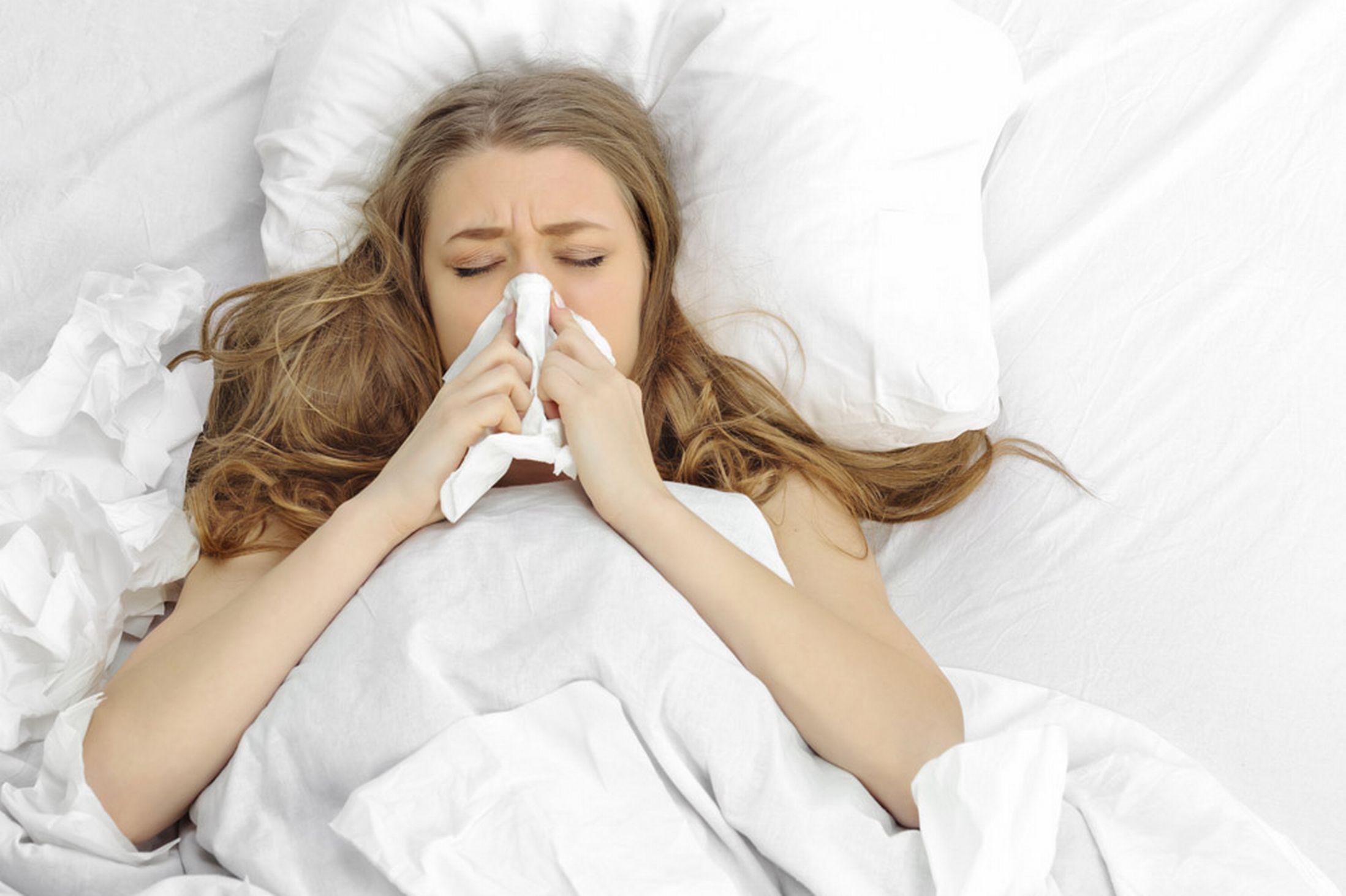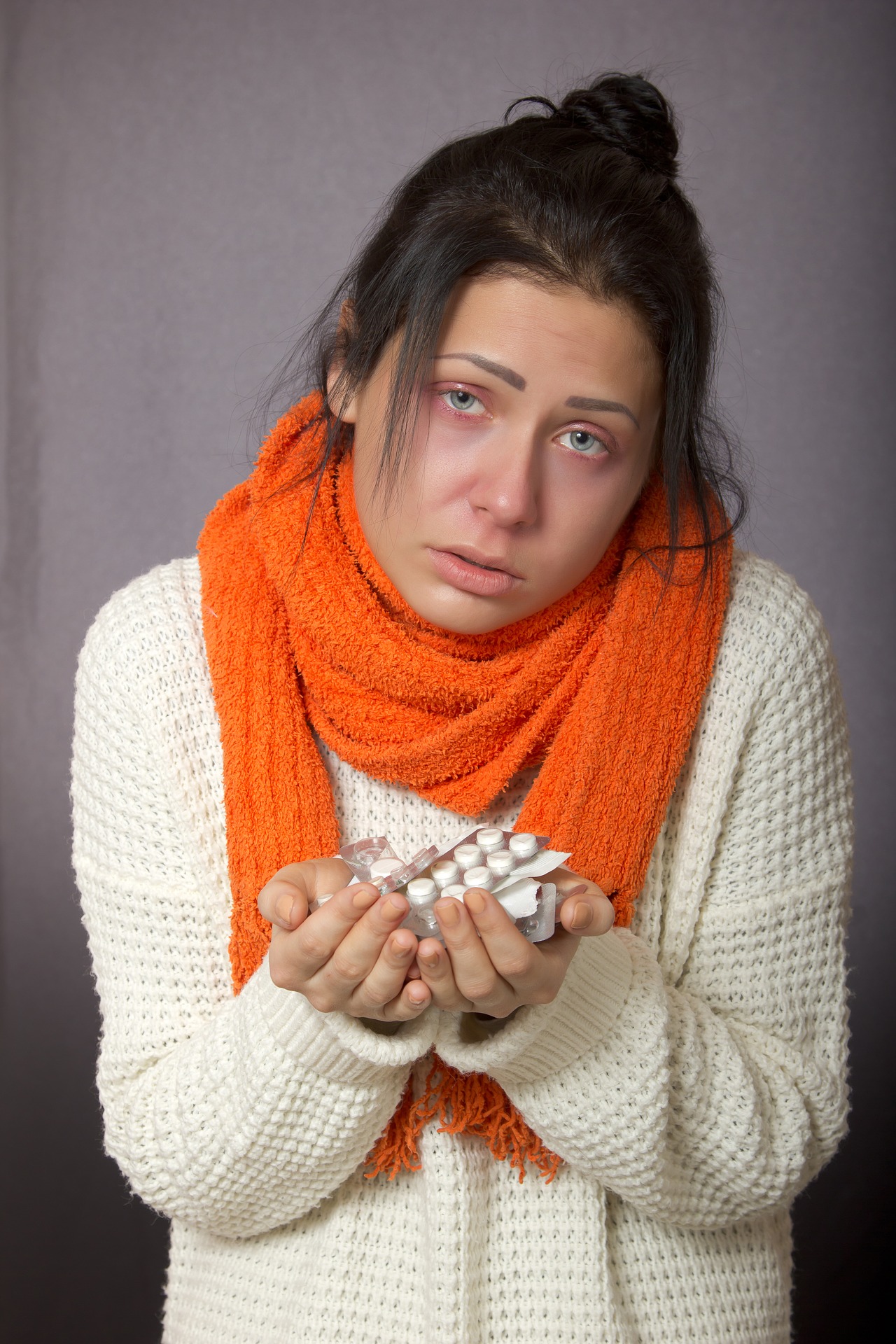Kiecolt-Glaser (1984)
 Many of us have had our vacations ruined by colds and flu. We manage to get through all of the things that we have to do before vacation - major projects, oral presentations and mock exams - only to find ourselves spending our holidays in bed with fever, cough and a general feeling of not being well. Is this just the gods punishing us for procrastination or can health psychology explain why this happens to us? More importantly, if we know why this may happen, is there a way to prevent it?
Many of us have had our vacations ruined by colds and flu. We manage to get through all of the things that we have to do before vacation - major projects, oral presentations and mock exams - only to find ourselves spending our holidays in bed with fever, cough and a general feeling of not being well. Is this just the gods punishing us for procrastination or can health psychology explain why this happens to us? More importantly, if we know why this may happen, is there a way to prevent it?
Cohen (1993) carried out a study to see if stress leads to colds. In his study he gave 276 healthy participants a series of tests to determine their overall general health and their recent exposure to stress. He then exposed 276 healthy participants to either a cold virus or to a simple saline solution, which served as the placebo. Participants were then quarantined for five days. They checked daily for any sign of illness. The researchers found that the duration and nature of stress that an individual experiences is a strong predictor of who gets a cold. Those who had high levels of stress for a month or more were over twice as likely to get ill as those who had no such stress. The type of stress also seems to matter. Participants who were unemployed were three times more likely to develop colds than those who didn’t have work-related problems. And those who reported serious problems in their close relationships were 2.5 times more likely to contract viruses than those without such problems.
This study is an interesting one, but it doesn't look at how stress actually leads to a decrease in our body's ability to fight off disease. To get more information on that, we need to turn to a classic study in psychology carried out by Kiecolt-Glaser et al (1984).

The aim of the research was to see if the stress of important exams could lead to a decrease in immune function. The sample was made up of 26 female and 49 male first-year medical students from the Ohio State University College of Medicine. The sample was a self-selected (volunteer) sample. All participants had to be free of any health problems in order to participate. The study was a natural experiment in that the independent variable - the stress of examinations - was "naturally" occurring and was not manipulated by the researcher.
The participants were tested for their level of stress before the experiment began. One month prior to exams, the participants were given the Social Readjustment Rating Scale to account for life changes that occurred within the last year that would raise their level of stress.
As a result of this test, the participants were divided into two groups: a high stress and a low stress group. Levels of loneliness were also measured and the participants were also divided into two groups: high loneliness and low loneliness.
A blood sample was then taken. A second blood sample was taken after students had completed the first two examinations.
Natural Killer cell (NK) activity was measured in the students' blood sample. NK cells are lymphocytes which provide rapid responses to viral-infected cells. A low level of NK activity indicates a poorly functioning immune system.
There was a significant decrease in NK cell activity between the first blood test and the second blood test - which was taken during the stress of examinations. Those participants in the "high stress" group were more likely to have lower levels of NK than those in the "low stress" group. This means that stress experienced previous to the exams played a role in their immune systems' ability to cope with the stress of examinations. In addition, those participants in the "high loneliness" group had lower levels of NK than those in the "low loneliness" group. This confirms the role of social support as a protective factor for better health.
Kiecolt-Glaser concluded that stress has a direct effect on the immune system by suppressing NK cell activity.
The research seems to support the General Adaptation Model proposed by Selye. As our body continues to cope with stressors, it eventually becomes "exhausted." In this exhausted stage, this is when we are most likely to become ill. Up until Kiecolt-Glaser carried out this study, much of the research carried out on stress's role on the immune system had been carried out on animals. For example, Rasmussen (1957) demonstrated that stress could increase susceptibility to herpes simplex virus in mice. It is a strength that the study was carried out on humans in a way that was ethically sound.
Another strength of the study is that it was a repeated measures design - that is, an individual's NK cell count was compared before and after the stress of examinations. This eliminated the problem of participant variability, as each person's "post-stress" NK cell count was compared to their "low-stress" baseline NK cell count.
Unlike Cohen's study, Kiecolt-Glaser actually used biological markers to determine the effect of stress, rather than simply observing whether someone gets ill or not. But even with this, the cause and effect relationship is still rather difficult to fully establish. As it was a natural experiment, the controls over the experiment were not as good as would be in a laboratory experiment. For example, it is not known how the participants cope with stress. Some of the participants may have better coping strategies which would better regulate their stress response. This may have affected the results. However, the study is naturalistic and has high ecological validity. It also seems to reflect the personal experience that many students experience with regard to illness during and immediately following exam experiences.
Finally, one of the problems of the experiment is the age of the participants. Students are often used in psychological research because they are easy to find and usually willing to participant in research studies. However, younger people usually have stronger immune systems than older people. Therefore, it is difficult to generalize the findings to older people. In addition, the stress of exams is an acute stressor. It is not like poverty or constant noise pollution. More research needs to be done on the extent to which the nature of the stressor itself may - or may not - have an effect on the immune system.

 IB Docs (2) Team
IB Docs (2) Team
